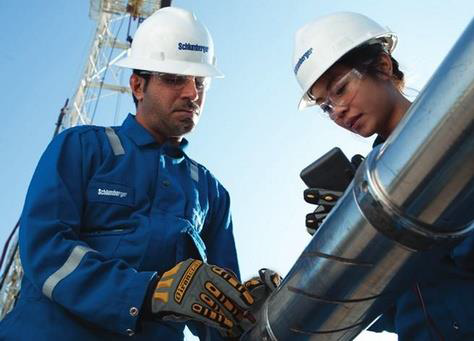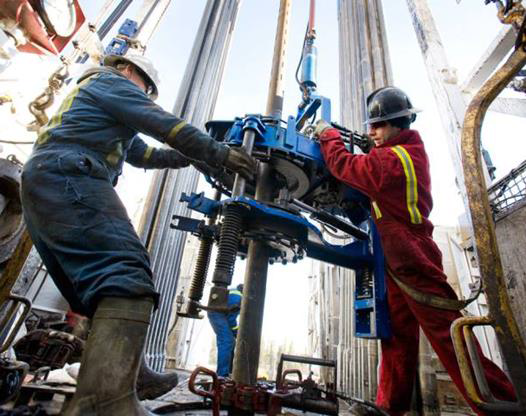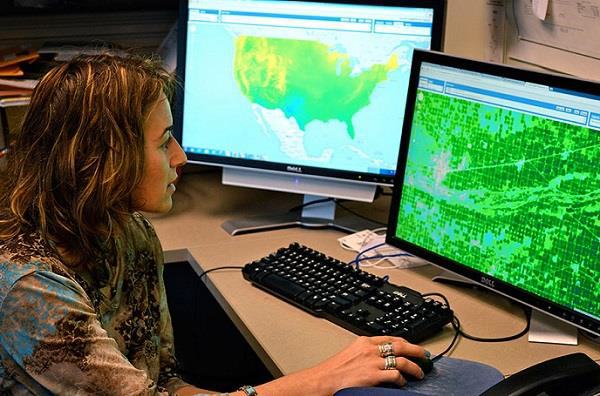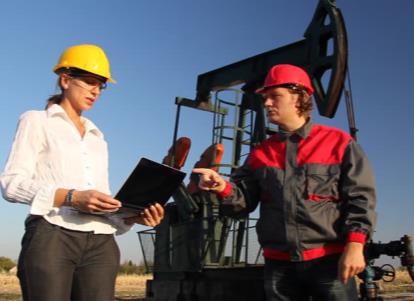COURSE OVERVIEW
DE0160 : ESP Application Engineering

OVERVIEW
| COURSE TITLE | : | DE0160 : ESP Application Engineering |
| COURSE DATE | : | Mar 04 - Mar 07 2024 |
| DURATION | : | 4 Days |
| INSTRUCTOR | : | Mr. Konstantin Zorbalas |
| VENUE | : | Abu Dhabi, UAE |
| COURSE FEE | : | $ 6750 |
| Request For Course | ||
OTHER SCHEDULED DATES
| Date | : | Jun 03 - Jun 06 (4 Days) | Location | : | Al Khobar, KSA | Classroom Fee (US$) | : | $ 6750 | Course Info |
| Date | : | Sep 02 - Sep 05 (4 Days) | Location | : | Istanbul, Turkey | Classroom Fee (US$) | : | $ 7250 | Course Info |
| Date | : | Dec 09 - Dec 12 (4 Days) | Location | : | Dubai, UAE | Classroom Fee (US$) | : | $ 6750 | Course Info |
Course Description
This practical and highly-interactive course includes real-life case studies where participants will be engaged in a series of interactive small groups and class workshops.This course is designed to provide participants with a comprehensive overview of ESP application engineering. It covers the artificial lift principles; the various artificial lift methods used in the petroleum industry; the electrical submersible pumps (ESP) advantages and other artificial lift methods; selecting the correct artificial lift system; the importance of well productivity to pump performance; the wellbore, reservoir and performance of artificial lift; the ESP systems, operations, head generation, impeller types and its characteristics; the ESP components; and the equipment and accessories that make up the ESP system. During this interactive course, participants will learn the basic sizing principles for ESP artificial lift design and diagnosis; the ESP design procedure and sensitivity analysis; the steps to correctly size an electrical submersible pump; the concept of variable speed controllers; the process of pumping high GOR wells and viscous fluid; the economic analysis principles for project evaluation; the effects of artificial lift and ESP on project economics; the method of prediction, analysis and diagnosis of ESP performance application; the gas handling theory and practice; and the ESP technology, systems in combination with Smart wells, the effect of sand, blocking at intake and sand handling.
TRAINING METHODOLOGY
This interactive training course includes the following training methodologies as a percentage of the total tuition hours
LecturesWorkshops & Work Presentations
Case Studies & Practical Exercises
Videos, Software & Simulators
In an unlikely event, the course instructor may modify the above training methodology before or during the course for technical reasons.
VIRTUAL TRAINING (IF APPLICABLE)
If this course is delivered online as a Virtual Training, the following limitations will be applicable
| Certificates | : | Only soft copy certificates will be issued to participants through Haward’s Portal. This includes Wallet Card Certificates if applicable |
| Training Materials | : | Only soft copy Training Materials (PDF format) will be issued to participant through the Virtual Training Platform |
| Training Methodology | : | 80% of the program will be theory and 20% will be practical sessions, exercises, case studies, simulators or videos |
| Training Program | : | The training will be for 4 hours per day starting at 09:30 and ending at 13:30 |
| H-STK Smart Training Kit | : | Not Applicable |
| Hands-on Practical Workshops | : | Not Applicable |
| Site Visit | : | Not Applicable |
| Simulators | : | Only software simulators will be used in the virtual courses. Hardware simulators are not applicable and will not be used in Virtual Training |
RELATED COURSES

DE0351 : Reserves Estimation and Uncertainty
- Date : Dec 23 -Dec 26 / 3 Days
- Location : Abu Dhabi, UAE
- Course Details Register

DE0171 : PTA/RTA Foundation
- Date : Dec 08 -Dec 12 / 3 Days
- Location : Doha, Qatar
- Course Details Register

DE0087 : Fractured Reservoir Characterization with Emphasis on Carbonates
- Date : Nov 18 -Nov 21 / 3 Days
- Location : Al Khobar, KSA
- Course Details Register

DE0409 : Field Development and Carbonate Reservoir
- Date : Feb 23 -Feb 27 / 3 Days
- Location : Doha, Qatar
- Course Details Register
